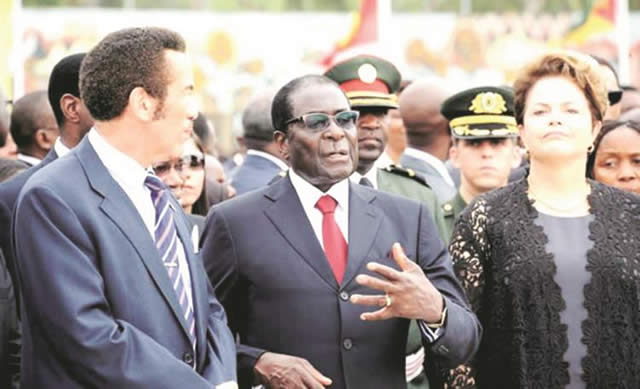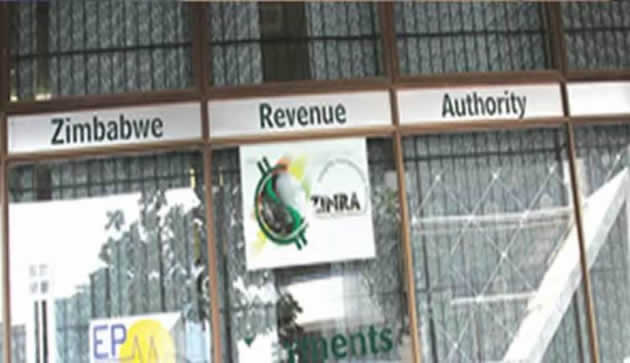Smallholder farmers are the future of Sadc agric

Daniela Costa Correspondent
SADC Heads of State are currently meeting in Gaborone, Botswana, for their 35th Ordinary Summit. SADC member-states will take key decisions that will determine the direction of development and integration in the region. When Presidents Mugabe, Khama and Zuma sit down with other regional leaders to thrash out the details of key policy proposals, the centrality of one issue should be elevated above all others: the importance of investment in women and smallholder farmers.
Smallholder farmers and women in particular, are the future of agricultural development in Southern Africa.
Despite rapid urbanisation, around three quarters of sub-Saharan Africans still reside in the rural areas and rely on agriculture for their livelihoods.
Agriculture is a driver of economic growth, food security and well-being.
Studies show that smallholder farmers dominate productive agricultural activities and form a majority of the labour market in SADC countries.
Investment in smallholder agriculture can empower farmers to produce more food and develop local markets – supporting food security.
However, smallholders have struggled to match the productivity figures of farmers on other continents – around 250 million smallholders across sub-Saharan Africa harvest less than a tonne of cereal crops from each hectare.
This is just a fifth of the global average.
This challenge is one of agronomy, but also of humanitarian and economic importance.
Between a quarter to a half of the population of countries such as Zambia, Malawi and Mozambique are classified as being chronically undernourished – a direct result of unequal access to resources, and the difficulties that rural dwellers face in accessing financial resources and government support for agriculture.
A report released by Oxfam last week shows that women own or manage less than a quarter of total agricultural land in many countries across Southern Africa.
The impact of climate change on crops such as maize, millet and sorghum is likely to be uneven across Southern Africa – but it will only exacerbate risks for many.
The good news is that we know the answer to many of these challenges.
Providing equal access to resources such as inputs and credit for women smallholder farmers can increase productivity and reduce levels of hunger.
A report from the UN Food and Agriculture Organisation (FAO) shows that such measures could increase yields by 20-30 percent globally.
This figure does not include the additional benefits that could be gained by supporting equal access to land for women, for example.
In Botswana this week, there should be three key priority areas for immediate action from SADC leaders.
The first is to put in place a plan to strengthen land rights for rural communities in Southern Africa.
In the absence of secure land tenure, smallholders and women farmers will struggle to utilise credit for farming activities or feel encouraged to invest in their land.
In this regard, securing land tenure for smallholders and pro-poor agricultural development go hand in hand.
Second, SADC policymakers should move beyond rhetoric to put in place specific budget allocations directed towards the needs of women smallholder farmers.
This process will involve a proactive listening exercise to determine the key
A political signal that SADC member states will meet the 10 percent spending target on agriculture set out by African Union, with a measurable timeline, would be useful in this regard.
Third, there are a number of other non-fiscal measures that could be usefully deployed to support smallholder farmers. For example, tax breaks or direct subsidies can support smallholders to move from the production of staple crops to higher value horticulture or livestock production. Government could also use spending to reduce the risk for commercial finance to provide loans to smallholder farmers or women-led enterprise.
These measures make good economic sense – but they are also a humanitarian imperative.
Daniela Costa is the Regional Director of Oxfam Southern Africa









Comments